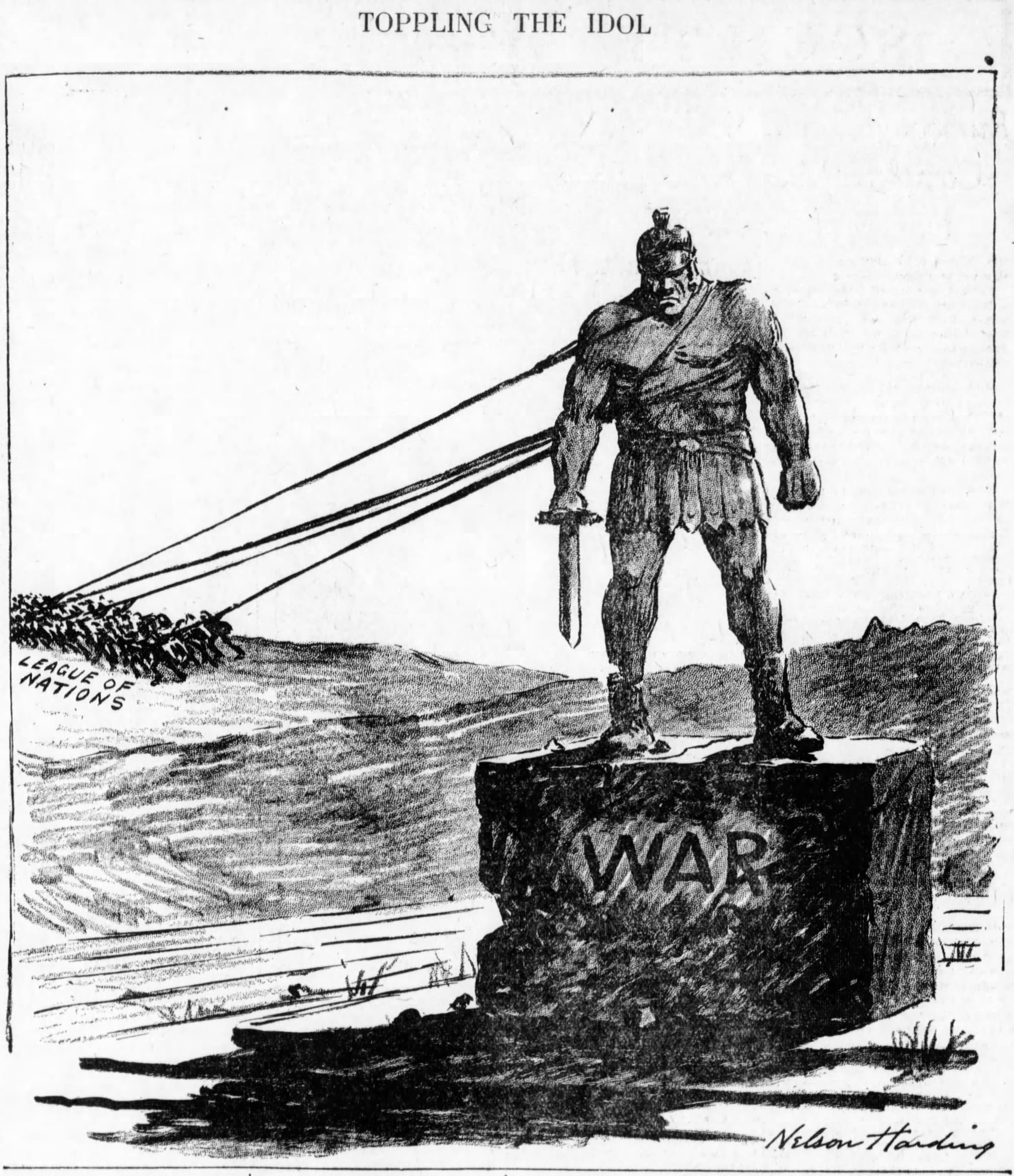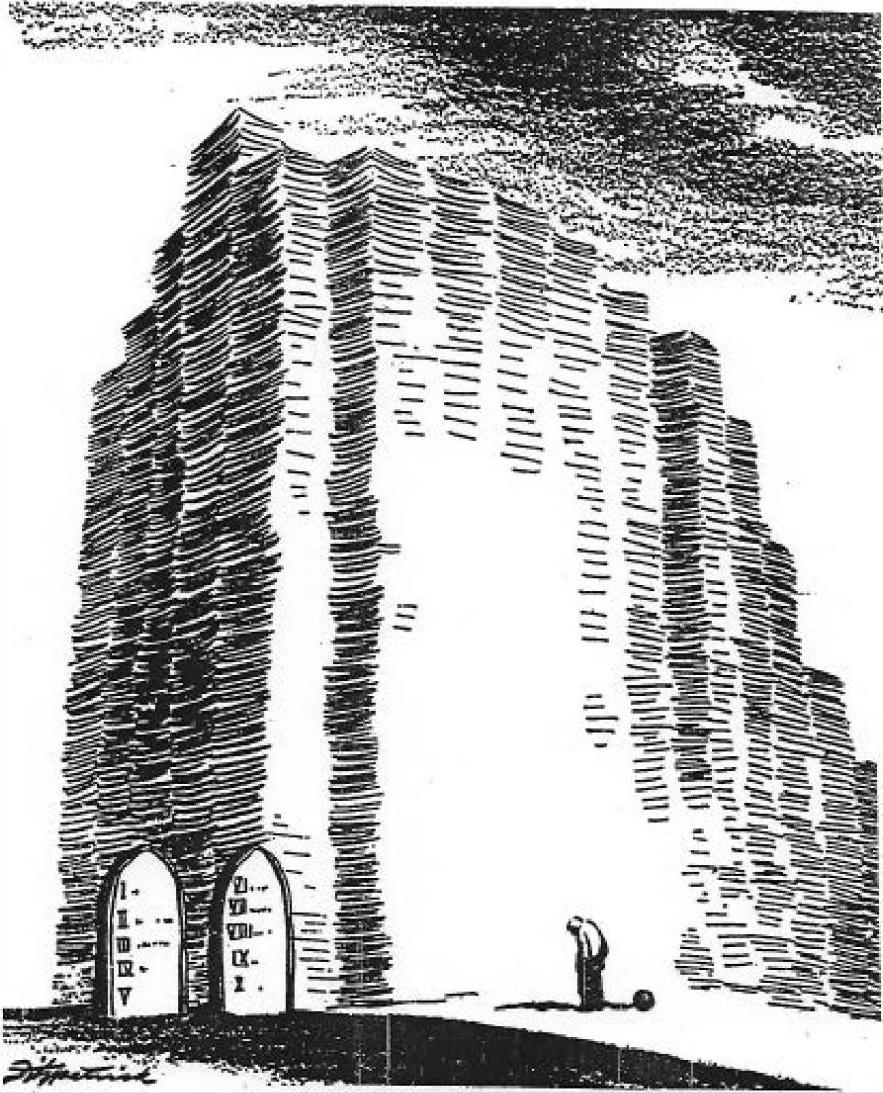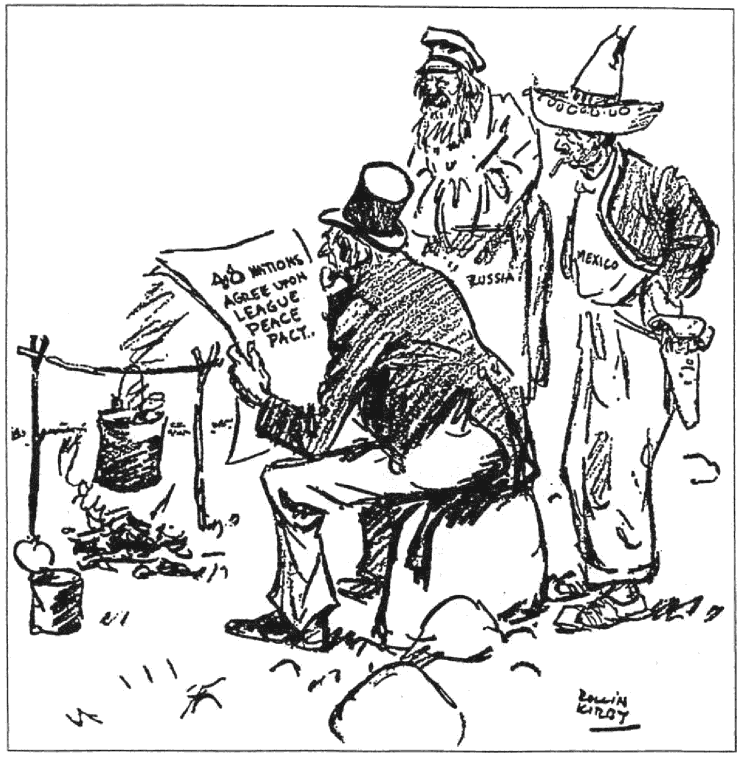|
Pulitzer Prize For Public Service
The Pulitzer Prize for Public Service is one of the fourteen American Pulitzer Prizes annually awarded for journalism. It recognizes a distinguished example of meritorious public service by a newspaper or news site through the use of its journalistic resources, which may include editorials, cartoons, photographs, graphics, video and other online material, and may be presented in print or online or both. The Public Service prize was one of the original Pulitzers, established in 1917, but no award was given that year."1917 Winners" The Pulitzer Prizes. Retrieved 2013-12-26. It is the only prize in the program that awards a gold medal and is the most prestigious one for a newspaper to win. As with other Pulitzer Prizes, a committee of jurors narrows the field to three nominees, from which the Pulitzer Board generally picks a winner and finalists. F ... [...More Info...] [...Related Items...] OR: [Wikipedia] [Google] [Baidu] |
Pulitzer Prizes
The Pulitzer Prize () is an award for achievements in newspaper, magazine, online journalism, literature, and musical composition within the United States. It was established in 1917 by provisions in the will of Joseph Pulitzer, who had made his fortune as a newspaper publisher, and is administered by Columbia University. Prizes are awarded annually in twenty-one categories. In twenty of the categories, each winner receives a certificate and a US$15,000 cash award (raised from $10,000 in 2017). The winner in the Pulitzer Prize for Public Service, public service category is awarded a gold medal. Entry and prize consideration The Pulitzer Prize does not automatically consider all applicable works in the media, but only those that have specifically been entered. (There is a $75 entry fee, for each desired entry category.) Entries must fit in at least one of the specific prize categories, and cannot simply gain entrance for being literary or musical. Works can also be entered only ... [...More Info...] [...Related Items...] OR: [Wikipedia] [Google] [Baidu] |
The Commercial Appeal
''The Commercial Appeal'' (also known as the ''Memphis Commercial Appeal'') is a daily newspaper of Memphis, Tennessee, and its surrounding metropolitan area. It is owned by the Gannett Company; its former owner, the E. W. Scripps Company, also owned the former afternoon paper, the ''Memphis Press-Scimitar'', which it folded in 1983. The 2016 purchase by Gannett of Journal Media Group (Scripps' direct successor) effectively gave it control of the two major papers in western and central Tennessee, uniting the ''Commercial Appeal'' with Nashville's ''The Tennessean''. ''The Commercial Appeal'' is a seven-day morning paper. It is distributed primarily in Greater Memphis, including Shelby, Fayette, and Tipton counties in Tennessee; DeSoto, Tate, and Tunica counties in Mississippi; and in Crittenden County in Arkansas. These are the contiguous counties to the city of Memphis. ''The Commercial Appeal'' won the 1923 Pulitzer Prize for Public Service for its opposition of the Ku Klux K ... [...More Info...] [...Related Items...] OR: [Wikipedia] [Google] [Baidu] |
Assassination
Assassination is the murder of a prominent or important person, such as a head of state, head of government, politician, world leader, member of a royal family or CEO. The murder of a celebrity, activist, or artist, though they may not have a direct role in matters of the state, may also sometimes be considered an assassination. An assassination may be prompted by political and military motives, or done for financial gain, to avenge a grievance, from a desire to acquire fame or notoriety, or because of a military, security, insurgent or secret police group's command to carry out the assassination. Acts of assassination have been performed since ancient times. A person who carries out an assassination is called an assassin or hitman. Etymology The word ''assassin'' may be derived from '' asasiyyin'' (Arabic: أَسَاسِيِّين, ʾasāsiyyīn) from أَسَاس (ʾasās, "foundation, basis") + ـِيّ (-iyy), meaning "people who are faithful to the founda ... [...More Info...] [...Related Items...] OR: [Wikipedia] [Google] [Baidu] |
Canton, Ohio
Canton () is a city in and the county seat of Stark County, Ohio. It is located approximately south of Cleveland and south of Akron in Northeast Ohio. The city lies on the edge of Ohio's extensive Amish country, particularly in Holmes and Wayne counties to the city's west and southwest. As of the 2020 Census, the population of Canton was 70,872, making Canton eighth among Ohio cities in population. It is the largest municipality in the Canton–Massillon metropolitan area, which includes all of Stark and Carroll counties, and was home to 401,574 residents in 2020. Founded in 1805 alongside the Middle and West Branches of Nimishillen Creek, Canton became a heavy manufacturing center because of its numerous railroad lines. However, its status in that regard began to decline during the late 20th century, as shifts in the manufacturing industry led to the relocation or downsizing of many factories and workers. After this decline, the city's industry diversified into the ... [...More Info...] [...Related Items...] OR: [Wikipedia] [Google] [Baidu] |
Canton Daily News
''The Repository'' is an American daily local newspaper serving the Canton, Ohio area. It is currently owned by Gannett. History Historically, the newspaper had strong Republican connections, most notably with President William McKinley, who was married to Ida Saxton McKinley, the granddaughter of the paper's founder. The paper would eventually change its name from ''The Ohio Repository'' to ''The Canton Repository'' to the current ''The Repository''. *1815- It was founded on March 30, 1815, by John Saxton, starting as a weekly called ''The Ohio Repository''. *1892- The paper began publishing seven days a week. *1927- Brush-Moore Newspapers purchased ''The Repository''. *1930- ''The Repository'' moved into its offices at 500 Market Avenue South, Canton. *1967- Thomson Newspapers purchased Brush-Moore and ''The Repository''. *2000- Copley Press bought the paper in 2000 when Thomson decided to leave the newspaper business. *2007- In April 2007 it was acquired by GateHouse Media. ... [...More Info...] [...Related Items...] OR: [Wikipedia] [Google] [Baidu] |
1927 Pulitzer Prize
The following are the Pulitzer Prizes for 1927. Journalism awards *Public Service: **'' Canton Daily News'', for its brave, patriotic and effective fight for the ending of a vicious state of affairs brought about by collusion between city authorities and the criminal element, a fight which had a tragic result in the assassination of the editor of the paper, Mr. Don R. Mellett. * Reporting: ** John T. Rogers of the ''St. Louis Post-Dispatch'', for the inquiry leading to the impeachment of Judge George W. English of the U.S. Court for the Eastern District of Illinois. * Editorial Writing: **F. Lauriston Bullard of the ''Boston Herald'', for "We Submit". *Editorial Cartooning: ** Nelson Harding of the ''Brooklyn Daily Eagle'', for "Toppling the Idol".Part 2 of article Letters and Drama Awards *Novel: **''Early Autumn'' by Louis Bromfield (Stokes) *Drama: **''In Abraham's Bosom'' by Paul Green (McBride) *History: **''Pinckney's Treaty'' by Samuel Flagg Bemis (Johns Hopkins) * Biograp ... [...More Info...] [...Related Items...] OR: [Wikipedia] [Google] [Baidu] |
Lynching
Lynching is an extrajudicial killing by a group. It is most often used to characterize informal public executions by a mob in order to punish an alleged transgressor, punish a convicted transgressor, or intimidate people. It can also be an extreme form of informal group social control, and it is often conducted with the display of a public spectacle (often in the form of a hanging) for maximum intimidation. Instances of lynchings and similar mob violence can be found in every society. In the United States, where the word for "lynching" likely originated, lynchings of African Americans became frequent in the South during the period after the Reconstruction era, especially during the nadir of American race relations. Etymology The origins of the word ''lynch'' are obscure, but it likely originated during the American Revolution. The verb comes from the phrase ''Lynch Law'', a term for a punishment without trial. Two Americans during this era are generally credited for coinin ... [...More Info...] [...Related Items...] OR: [Wikipedia] [Google] [Baidu] |
Negro
In the English language, ''negro'' is a term historically used to denote persons considered to be of Black African heritage. The word ''negro'' means the color black in both Spanish and in Portuguese, where English took it from. The term can be construed as offensive, inoffensive, or completely neutral, largely depending on the region or country where it is used, as well as the context in which it is applied. It has various equivalents in other languages of Europe. In English Around 1442, the Portuguese first arrived in Southern Africa while trying to find a sea route to India. The term ', literally meaning "black", was used by the Spanish and Portuguese as a simple description to refer to the Bantu peoples that they encountered. ''Negro'' denotes "black" in Spanish and Portuguese, derived from the Latin word ''niger'', meaning ''black'', which itself is probably from a Proto-Indo-European root ''*nekw-'', "to be dark", akin to ''*nokw-'', "night". ''Negro'' was also used of ... [...More Info...] [...Related Items...] OR: [Wikipedia] [Google] [Baidu] |
Butler Act
The Butler Act was a 1925 Tennessee law prohibiting public school teachers from denying the Biblical account of mankind's origin. The law also prevented the teaching of the evolution of man from what it referred to as lower orders of animals in place of the Biblical account. The law was introduced by Tennessee House of Representatives member John Washington Butler, from whom the law got its name. It was enacted as Tennessee Code Annotated Title 49 (Education) Section 1922, having been signed into law by Tennessee governor Austin Peay. The law was challenged later that year in a famous trial in Dayton, Tennessee called the Scopes Trial which included a raucous confrontation between prosecution attorney and fundamentalist religious leader, William Jennings Bryan, and noted defense attorney and religious agnostic, Clarence Darrow. It was repealed in 1967. Provisions of the law The law, "An act prohibiting the teaching of the Evolution Theory in all the Universities, and all ot ... [...More Info...] [...Related Items...] OR: [Wikipedia] [Google] [Baidu] |
Columbus Ledger-Enquirer
The ''Ledger-Enquirer'' is a newspaper headquartered in downtown Columbus, Georgia, in the United States. It was founded in 1828 as the ''Columbus Enquirer'' by Mirabeau B. Lamar who later played a pivotal role in the founding of the Republic of Texas and served as its third President. The newspaper is a two-time recipient of the Pulitzer Prize for Public Service.The Pulitzer Prizes for 1926 pulitzer.org; retrieved September 2008The Pulitzer Prizes for 1955 pulitzer.org. retrieved September 2008 History In 1874, the ''Columbus Enquirer'', until then a weekly publication, merged with Columbus's first daily newspaper, the ''Daily Sun'', to form t ...[...More Info...] [...Related Items...] OR: [Wikipedia] [Google] [Baidu] |
1926 Pulitzer Prize
The following are the Pulitzer Prizes for 1926. Journalism awards *Pulitzer Prize for Public Service, Public Service: **''Columbus Enquirer Sun'', for the service which it rendered in its brave and energetic fight against the Ku Klux Klan; against the enactment of a law barring the teaching of evolution; against dishonest and incompetent public officials and for justice to the Negro and against lynching. *Pulitzer Prize for Reporting, Reporting: **William Burke Miller of ''Louisville Courier-Journal'', for his work in connection with the story of the trapping in Mammoth Cave National Park, Sand Cave, Kentucky, of Floyd Collins. *Pulitzer Prize for Editorial Writing, Editorial Writing: **Edward M. Kingsbury of ''The New York Times'', for "s:The New York Times/The House of a Hundred Sorrows, The House of a Hundred Sorrows". *Pulitzer Prize for Editorial Cartooning, Editorial Cartooning: **D. R. Fitzpatrick of ''St. Louis Post-Dispatch'', "The Laws of Moses and the Laws of Today".Part ... [...More Info...] [...Related Items...] OR: [Wikipedia] [Google] [Baidu] |
1925 Pulitzer Prize
The following are the Pulitzer Prizes for 1925. Journalism awards * Reporting: **James W. Mulroy and Alvin H. Goldstein of the ''Chicago Daily News'', for their service toward the solution of the murder of Robert Franks, Jr., in Chicago on May 22, 1924, and the bringing to justice of Nathan F. Leopold and Richard Loeb. * Editorial Writing: **'' Charleston News and Courier'', for the editorial entitled "The Plight of the South". (No author named) *Editorial Cartooning: **Rollin Kirby of the ''New York World'' for "News from the Outside World." Letters and Drama Awards *Novel: **'' So Big'' by Edna Ferber ( Doubleday) *Drama: **'' They Knew What They Wanted'' by Sidney Howard ( Doubleday) *History: **''History of the American Frontier'' by Frederic L. Paxson (Houghton) * Biography or Autobiography: **''Barrett Wendell and His Letters'' by M. A. Dewolfe Howe (Little) *Poetry: **''The Man Who Died Twice'' by Edwin Arlington Robinson (Macmillan) External linksPulitzer Prizes for 1925 ... [...More Info...] [...Related Items...] OR: [Wikipedia] [Google] [Baidu] |







